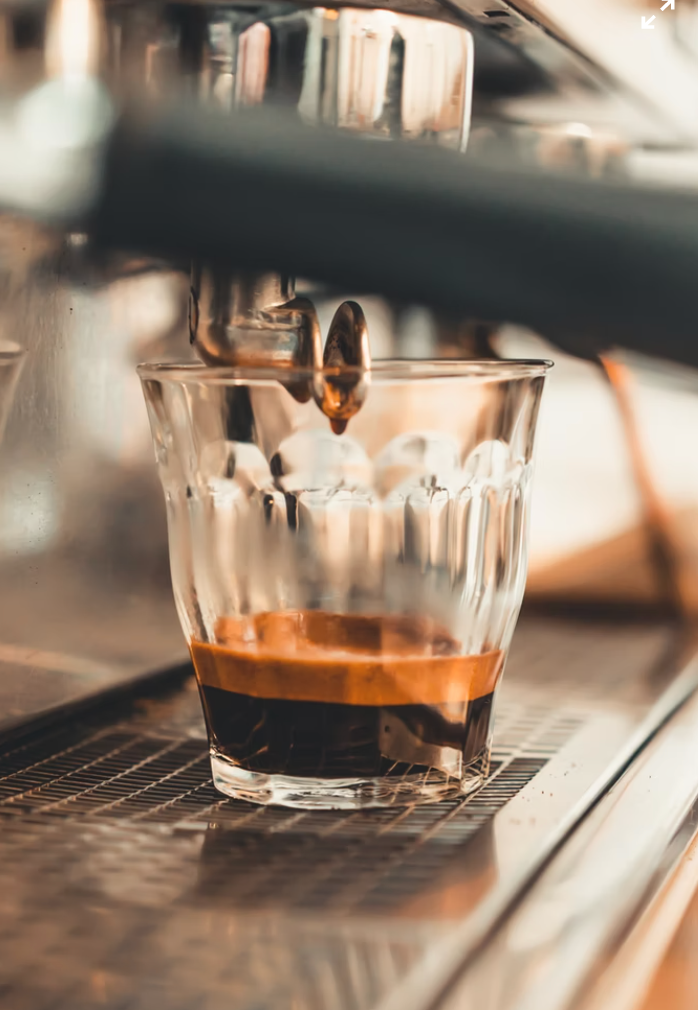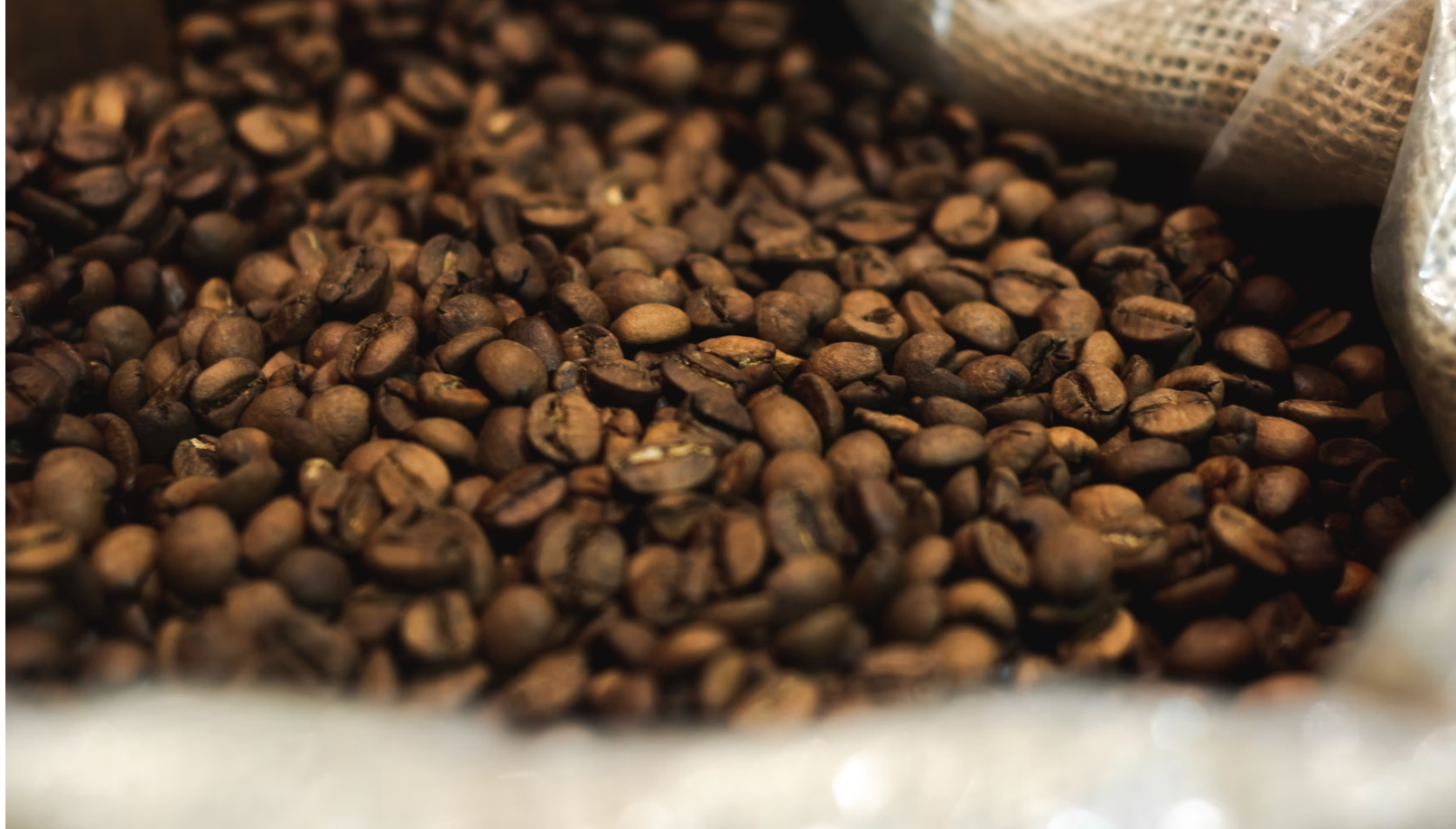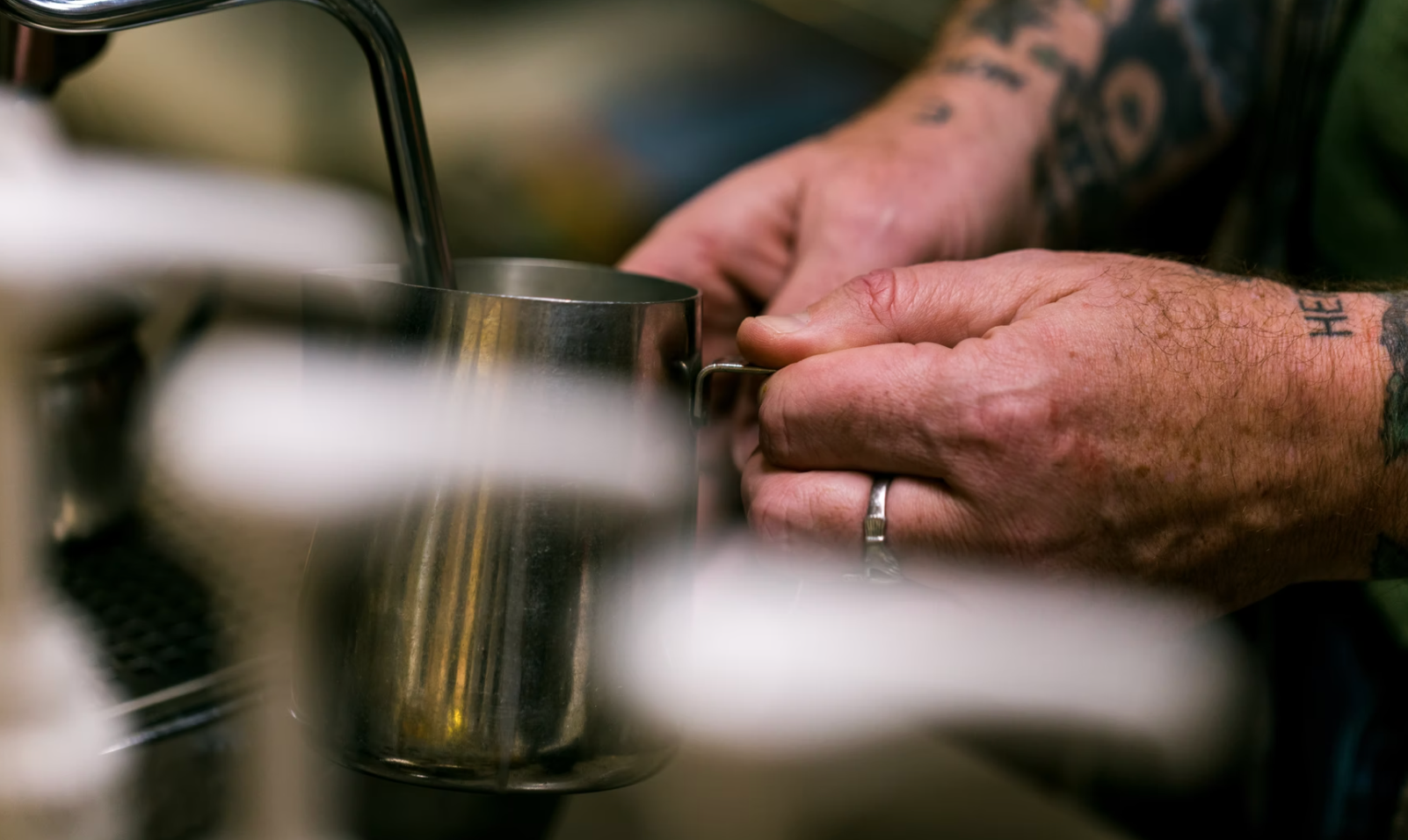Does dark roast coffee have more caffeine than lighter roasts? Do lighter roasts have more? I have met many people who believe one or the other is true, and I think it is time to clear up this common misconception.

The fact is that using the same coffee bean, the roast level of the coffee (darker or lighter) has no effect on the amount of caffeine in the coffee. Unlike sugars and acids and other organic parts of coffee, the caffeine chemical goes completely unchanged during the roasting process. An unroasted coffee bean has the same concentration of caffeine as a bean burnt to a crisp.
So where did this idea come from that there is a caffeine difference in coffee roasts? The larger group of confused caffeine drinkers believe that a darker roasted coffee has less caffeine than a lighter roast. They could be considered correct, from a certain point of view. As coffee is roasted darker some of its mass gets burned away and it expands in size. So while internally the coffee bean did not lose any caffeine (the concentration of caffeine is the same), there is less coffee bean material in each bean the darker you roast the coffee. Another way to put it is that the coffee bean didn’t lose any caffeine but you lost a little bit of the bean mass so that individual bean now contains less caffeine than it used to (and fewer acids, fewer sugars, less everything!) In addition to this, the bean has grown in size as it puffs up with micro-pockets of CO2 inside of it. If you were to grind that dark-roasted coffee bean, each tiny coffee ground would individually contain less caffeine than a lighter roast of the same coffee with the same grind size.

So it sounds like lightly roasted coffee does have more caffeine than dark coffee, doesn’t it?
But not so fast, because our darker roasted coffee also weighs less. Like all foods, coffee is measured by weight and not by volume. Since the concentration of caffeine in the coffee did not change during the roasting process, 30 grams of the lightest roasted coffee has the same amount of caffeine as 30 grams of the darkest roasted coffee. However 30 grams of dark roasted coffee looks like a lot more coffee, it has a higher volume. This is why we recommend you measure your coffee by weight rather than by volume. If you are a person who makes their coffee by volume (like using a scoop) you are getting less coffee (and thus less caffeine) per scoop of dark roast coffee. If you weigh up your coffee equally you will get the same amount of caffeine at any roast level.
The other group of people insist that darker roasted coffees have more caffeine than lightly roasted coffee. Mostly this seems to come from their personal experience that drinking dark roasted coffee wakes them up a lot better than lighter coffee. While that may be true, it is not the caffeine that is waking those people up. Nor is the strong bold flavours in dark roast coffee indicating there is more caffeine in it as caffeine is essentially tasteless.
Caffeine takes about 30 minutes to kick in after drinking it in coffee, while most people describe having an almost instant ‘jolt’ wake them up from their first sip of coffee. Likely this is because darker roasted coffee has a much stronger flavour than lighter roasts which tend to be more delicate. Just like a loud noise or a bright flash, a strong flavour sensation will perk people up faster and better than a mild one. Morning dark roast coffee drinkers are essentially just shocking themselves awake.

Finally, most coffee drinkers have a routine that includes a cup (or more) of coffee almost immediately in the morning. If you drink morning coffee regularly you may have simply trained yourself to associate the flavour of your morning coffee with ‘time to be awake’. In this case, both groups of coffee drinkers assume that whatever roast level they drink in the morning has the most caffeine because it wakes them up more when they drink it. This psychological effect is why some people find that even drinking decaf at night keeps them awake or that drinking decaf in the morning seems to wake them up just as well as regular coffee.
In the end, if you are drinking your coffee to wake up or keep yourself awake, it doesn’t really matter if it is the caffeine doing the work or the flavour. However, if you are one of the many people who need to watch their caffeine intake in order to fall asleep at night, it is good to be aware that you are not reducing your caffeine by choosing a different roast level. In either case, you are free to pick the coffee roast level you like the most without worrying about the caffeine differences.



